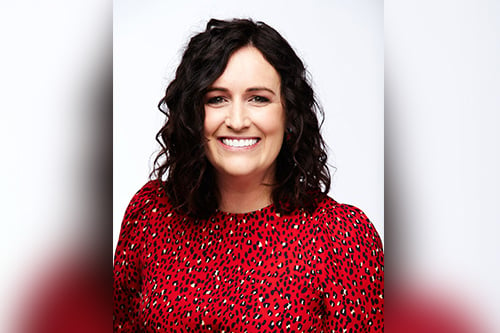

Canberra-based Zoe Evans (pictured), broker and senior account manager at Gallagher, says in an ever-changing hard market, especially amid the coronavirus pandemic, it’s vital for brokers to know their market, understand the industry and stay informed on its current happenings.
“From a client perspective, what’s impacting them as a business?” she asks. “If they’re a restaurant, what’s affecting them? Because then it will be a flow on to the rest of the industry as well.
“For me personally, what’s been the greatest strategy has been communicating with the clients - saying to them: ‘Hey, your premiums are going to increase, this is what’s happening in the market.’ It’s about informing them that while they might not have had any claims, this is what’s happening in the industry as a whole and this is what we’re doing.”
Read more: Broker on his “can do” approach
Instead of trying to reduce or change covers, brokers can help clients by problem solving to see what actions can be taken to minimise the cost impact on their businesses. However, when it comes to clients who may want to reduce or remove cover, Evans emphasises the importance of explaining the long-term consequences that may be awaiting them around the corner.
“It’s about giving clients the information and the tools so that they can make an informed decision. I’m also finding for a lot of SME-type business, if they have six or seven sections to their policy, I’ll actually give them a premium break down per section and say: ‘Look, you might want to get rid of your money cover, but your money cover is only costing you $52 a year, so do you really want to run that risk?’” she explained. “That’s always a great tool. Break the coverage up for clients so they can see where their premium is going.”
Additionally, for her clients that have been impacted by the COVID-19 pandemic, as well as the bushfires, Evans says that maintaining a consistent communication schedule helps them to understand their ongoing situation.
“Whilst I stay in touch with [these clients] throughout the year normally, it’s really important for me to do so now more than ever,” she continued. “I said to them: ‘Every three months we’re going to touch base and we’re going to look over and review your policies because where you’re at right now probably won’t be the same in three months’ time.’ That’s also another strategy brokers can use to keep on top of what’s happening in the market as well.”
In order to maintain success, win new business and retain existing clients during tumultuous times, Evans says it’s important for brokers to “put themselves in their clients’ shoes.”
“They might just have a small café with two employees, and it might not be a big earn for us, but to them, their business is the most important thing to them and rightly so,” she says.
“For me, it’s all about service. At the end of the day, whilst different brokers have different facilities, it’s like buying a car - you can go on and buy a similar car from five different people at five different car yards, but you’ll buy from the one that gives you the best service.”
For Evans, her most simple yet effective piece of advice is to “do what you say you’re going to do.”
“I also find another big thing is to be approachable,” she adds. “Pick up the phone and have a conversation. Drop in and see them, send them an email and touch base with them as well. If someone calls – answer your phone. Call them back.
“It’s weird - probably one of the biggest complaints I hear from clients is: ‘Oh, my broker hasn’t responded to me’. For me, I’m born and bred in Canberra, so reputation is quite important to me because if you don’t do the right thing by one client, we’re a big country town and everyone will hear about it. So, it’s really important on that one basis as well.”
However, she concedes that given the hostile insurance and economic environment thanks to the global health pandemic, it’s a “hard task” to stay at your best at all times.
“It’s a hard task. Sometimes you feel like you’re being pulled in every single direction, especially at the end of financial year or when COVID-19 hit. For me, one of the things I’ve tried to be is a trusted advisor, so if someone does have a question or a concern or they don’t know what to do, they can come to me.”
